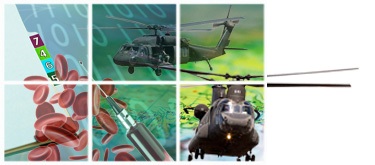TINCOPS is a knowledge-based decision support system that manages and deploys knowledge for the U.S. military’s complex combat decision support applications and for analyzing and evaluating logistics plans.
The result of mission planning is a strategy for accomplishing the intended objectives that reflects decisions on the best methods and course of actions to follow. The mission planning process is knowledge intensive and involves a number of factors that must be considered including uncertainties in the intelligence collected, enemy response, changes in logistics needs or routes, etc. In addition, once the mission is active, changes in the battlespace can occur rapidly and commanders must receive accurate and current combat situational information in order to craft the most effective response and change to the original strategy.


